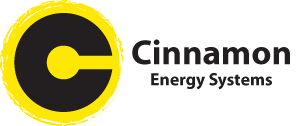Many industries have boom and bust cycles as manufacturers try to adjust supply to customer demand. These challenges are accentuated in the solar industry because customer demand is influenced by changing incentives (rebates and tax credits), government policy (remember the EPA?) and rapid technology change. Industry participants fondly refer to these ups and downs as the “solar coaster.” It is unlikely that the solar coaster will flatten out to a very smooth ride anytime soon. Nevertheless, there are solid business practices that help companies and customers navigate these inevitable solar ups and downs.
Installers that operate their business conservatively and concentrate on maintaining happy customers are most likely to achieve long-term success. Like many residential construction businesses, solar installers rely on referrals to keep a steady flow of business. These referrals are the least expensive method to acquire new customers – a benefit that also helps keep overall selling prices down. Unlike many other industries, there are no economies of scale in the residential solar installation business. As a result, local and regional companies with low overheads are the most likely to survive the next big bump in the solar coaster. And companies that try to grow too fast often flame out.
The good news is that solar technology is extremely reliable – even if a manufacturer is not around it is very likely that their equipment is still working. Many local installers continue to provide cleaning and maintenance services for systems that are 20+ years old. The systems are still working and the customers are still happy. For more about the continuing saga of the solar coaster and key factors for long term solar satisfaction, please listen to The Energy Show.

